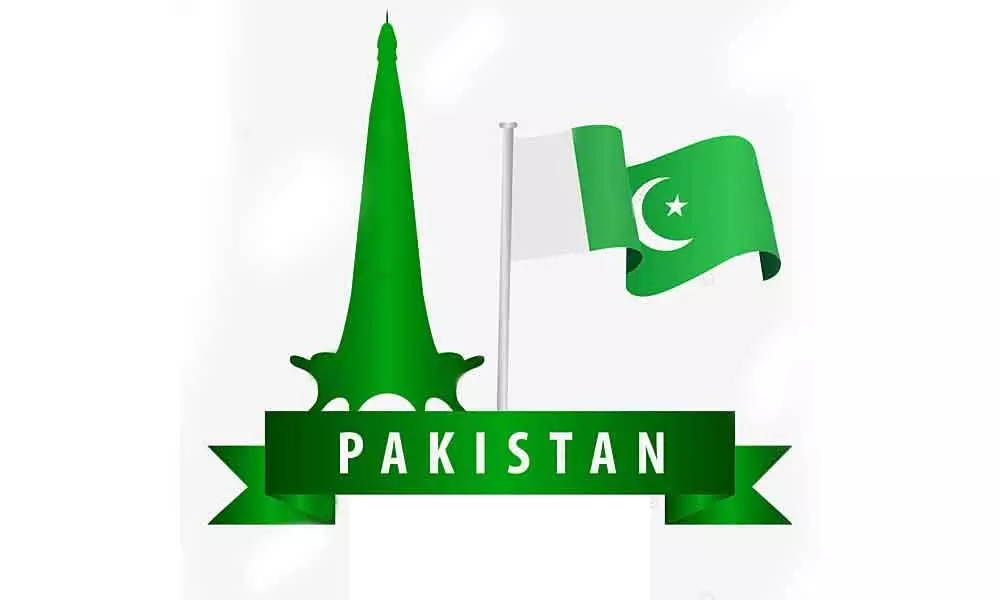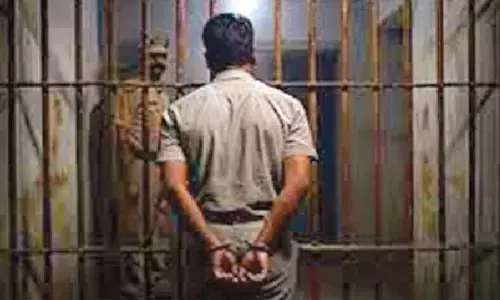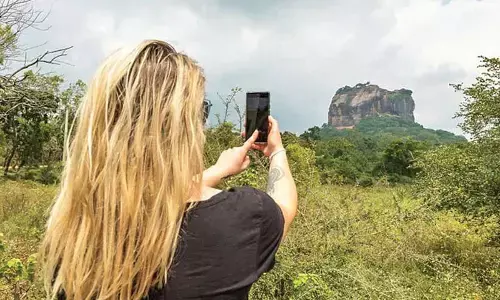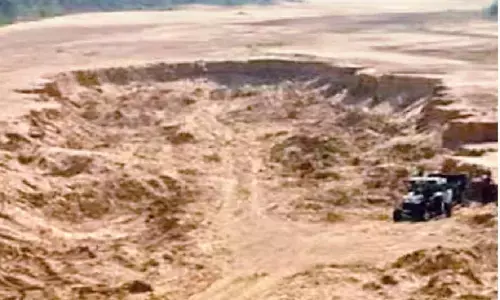Pakistan and the month of March

It may be coincidental that the Islamic Republic of Pakistan has a weakness for the month of March!
It may be coincidental that the Islamic Republic of Pakistan has a weakness for the month of March! The Islamic nation-state possibly felt the month of March was a 'holy' month or lucky month for the ruthless crackdown in Balochistan and after 23 years sadistically repeated it in Bangladesh.
Maybe the fortune-tellers to the military hawks in Rawalpindi decide their evil actions on the particular month of March. Whatever is the motive, the evil axis occurred in March. The regime in Rawalpindi launched fierce genocidal 'Operation Searchlight' in Bangladesh on the night of 25 March 1971.
In the nine months to freedom, three million martyrs were victims of genocide, more than 400,000 women were raped as a weapon of war. Possibly the world's largest war refugee was created in living history. More than 10 million war refugees took shelter in neighbouring India.
The Pakistan junta did not realise they will experience a humiliating defeat in December 1971. After the Second World War, another formal surrender occurred when 93,000 Pakistan troops signed the instrument of surrender at Dhaka on 16 December 1971.
Before the crackdown in Bangladesh in March 1971, Pakistan's invasion of the largest princely states Balochistan on 27 March 1948 killed several thousand innocent Baloch. Their struggle for independence still rages in the rugged terrain of Balochistan.
However, the Pakistan official narratives claim that the State of Kalat acceded to Pakistan on 27 March after Mohammad Ali Jinnah sent a confidential letter to 'Khan of Kalat'. Jinnah was legal adviser to 'Khan of Kalat' and with his full knowledge, the Pakistan military attacked and invaded Quetta, the capital of Balochistan.
Well, history says differently. Balochistan became an independent country on 4 August 1947, much ahead of the independence of Pakistan on 14 August 1947. The declaration of independence of Balochistan was announced on 11 August 1947, three days before Pakistan was created. Unfortunately, the independence of Balochistan was short-lived and lasted for 252 days.
Before the partition of India and Pakistan, Balochistan consisted of four princely states of Kalat, Lasbela, Kharan and Makran under the British Raj. Two of these provinces, Lasbela and Kharan, were 'fiduciary states' placed under Khan of Kalat's rule by the British, as was Makran which was a district of Kalat.
In the notorious month of March, many political events occurred. On 23 March 1956, the road to military rule was paved when General Iskander Mirza was sworn in as the first President of Pakistan. On 25 March 1969, in a bloodless coup d'état Pakistan Army chief General Yahya Khan took over power from General Ayub Khan, a dictator of a decade and proclaim Martial Law and dissolved the assemblies.
Pakistan first tried to trick the leaders of Balochistan into joining the renegade part of India in the name of 'Muslim', but when both Houses of Balochistan unanimously refused to annexe with Pakistan angered the hierarchy, then based in Karachi.
After the bloody independence of Bangladesh, the Pakistan troops were still Prisoners of War (POWs) in India, the Prime Minister Zulfiqar Ali Bhutto to rejuvenate the demoralised Pakistan troops, gave responsibilities to "Butcher of Bengal" General Tikka Khan, then army chief to crack down on Baloch separatists and dissidents.
Subsequently, the military operation against separatists commenced in Balochistan in 1973 and the armed nationalist movement was brutally suppressed. The fiercest Baloch people have been struggling against Pakistan's occupation and fought in 1948, 1958, 1962 and 1974.
What is more frustrating for Pakistan is that it failed to defeat the Baloch liberation struggle despite killing thousands of Baloch nationalists. More than 20,000 were victims of enforced disappearances and "dumping". Those captured were brutally tortured and bullet-ridden bodies of thousands of Baloch political prisoners are found on the roadside.
The brutal torture of state forces includes gouging the eyes of the victims, cutting their tongues, noses, amputating their limbs, drilling holes in their bodies and many other inhuman and brutal mediums of torture. Pakistan junta is still paying an enormous price for the crackdown in Balochistan.
Saleem Samad, Dhaka








